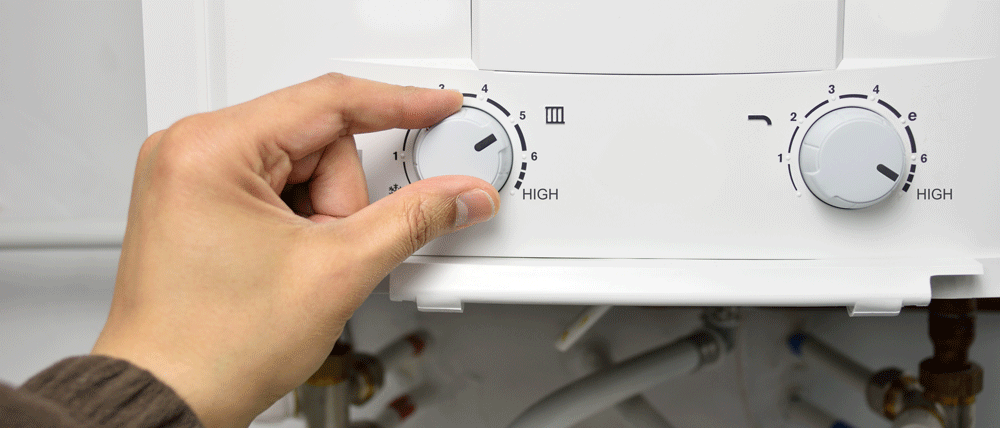The modern water heater is a staple of modern comfort and convenience. It’s also one of the most important components of your home plumbing system—you only need to have one go out in the middle of winter to realize that. Understanding how your own water heater works is key to proper maintenance, and knowing your options is key when you need to replace a heater (usually in a hurry!). Powell’s Plumbing offers the following descriptions of common types of water heaters:
- Storage tank heater — This is the most common type of water heater found in homes. It is either electric or gas-operated; gas tanks tend to heat faster and more efficiently. These units are simply a large insulated tank that holds water to be heated. When full and functioning properly, it can provide hot water at a moment’s notice. But the downside to this type of heater is that once it runs out, you have to wait for hot water again.
- Tankless water heater — Also called an in-line water heater, these are units that heat water as it passes through a chamber. They are less bulky than a tank heater and so are great for apartments or smaller houses. They can be insufficient for larger homes, however, because whereas a large tank can service multiple hot-water taps at once, an in-line heater has a limited flow capacity. Still, if it is the proper size for the residence, tankless heaters provide a virtually endless supply of hot water, meaning there’s no need to wait for a tank to refill and reheat. Like tank heaters, in-line heaters can be electricity or gas-powered, with gas providing a higher flow rate.
- Heat-pump water heater — These units look somewhat like a traditional tank heater, but instead of using a heat source, they pull in surrounding air and use it to heat water in tanks. Heat-pump water heaters are a bit more expensive to purchase, but the price is offset later by their more efficient operating costs. You don’t want to place these in cooler areas of your home, however, as it will take that much longer to heat the surrounding air. Heat pump heaters work best when they’re in a warmer area of the home, like a furnace room.
Have more questions about water heaters? Give Powell’s Plumbing a call and talk to one of our friendly experts!





Recent Comments